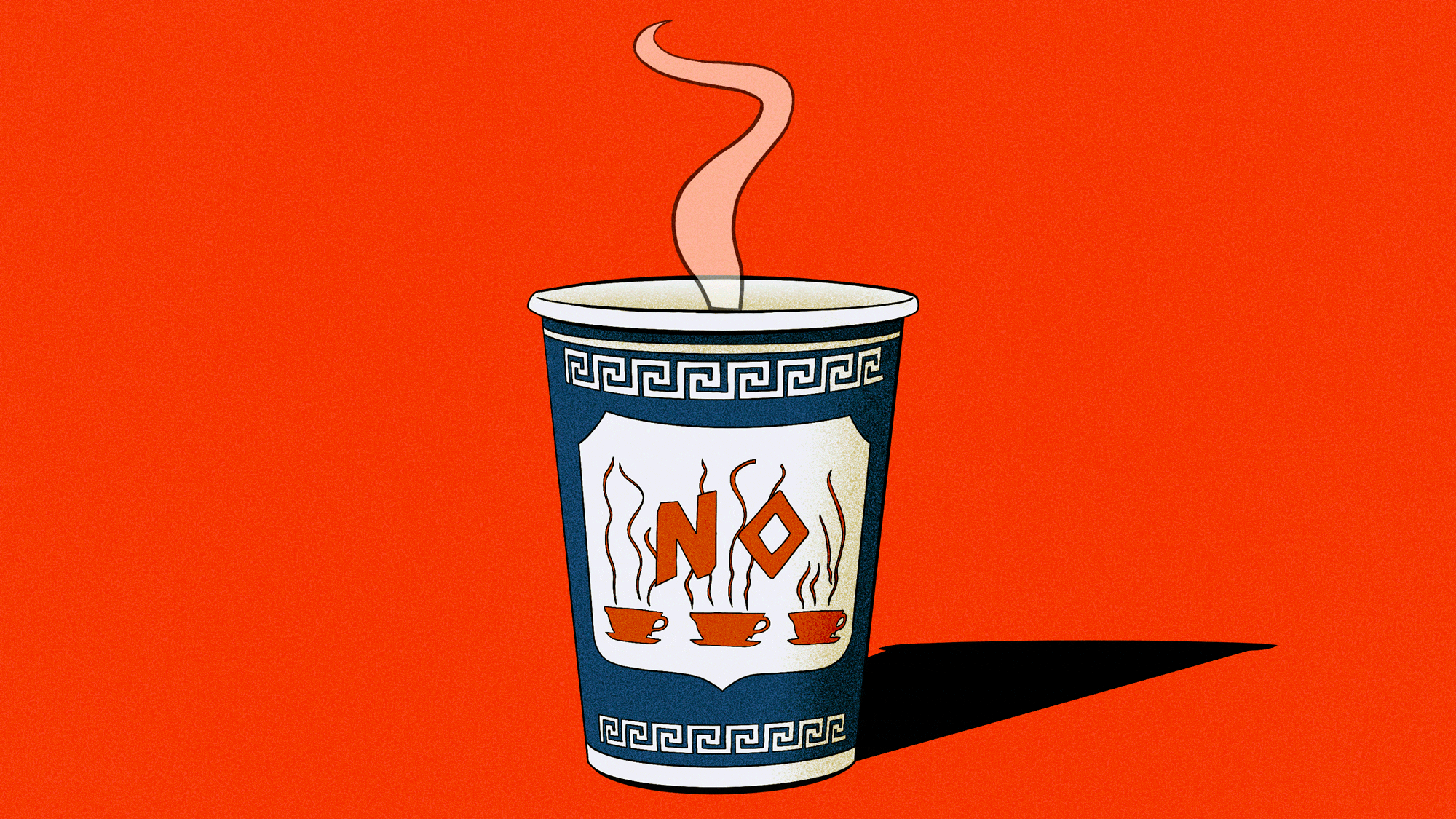
My Journey: Why I Finally Quit Coffee After 15 Years

For as long as I can remember, coffee has been my constant companion. Starting at age 15, it was the fuel that powered my early mornings, late nights, and everything in between. But recently, I decided it was time for a change. I realized that if I wanted to truly embrace a healthier lifestyle, I needed to address my caffeine dependency head-on. The idea of facing the day without that familiar jolt seemed impossible, but I was determined to break free.
Now, six weeks into my caffeine-free adventure, I can honestly say it's been a rollercoaster. It hasn't been easy, but the rewards have been well worth the struggle. Let me share my story with you...
The Coffee Culture Trap
Like many, my coffee habit intensified when I entered the workforce. My first office job had a huge coffee culture, making it incredibly easy to indulge. Every meeting, every team huddle, every conference call – all fueled by caffeine. Sound familiar?
Perhaps you're considering reducing your caffeine intake, or even quitting altogether. I'm here to tell you that it's possible! And guess what? I'm writing this blog post completely caffeine-free – no lattes, no energy drinks, not even a rogue chocolate-covered espresso bean!
Growing up in a Hispanic household, coffee wasn't just a beverage; it was a cornerstone of family time. Overcoming this cultural connection was a significant hurdle. But this journey has brought things into perspective, proving that we *can* tap into our natural energy. Caffeine doesn't have to be an essential.

The Reality of Caffeine Withdrawal
Let's be real: quitting caffeine isn't all sunshine and rainbows. If you're a regular consumer, prepare for some potential withdrawal symptoms. Think fatigue, irritability, mood swings, and difficulty concentrating. It's not pretty, but it's temporary!
For me, it was rough. I felt sluggish for a week, battling constant headaches. Ironically, despite thinking quitting caffeine would improve my sleep, I woke up frequently during the night. It felt like the flu!
The good news is that caffeine withdrawal symptoms usually peak within one to two days and can last up to nine days. While fatigue and moodiness might linger a bit longer, remember that this too shall pass.
Coffee vs. Energy Drinks: Which is Harder to Quit?
Now, for my fellow coffee lovers, I have some potentially bad news. Experts say weaning off coffee can be more challenging than cutting back on lower-dose beverages, largely due to the higher concentration of caffeine and the deeply ingrained ritual surrounding coffee consumption.
The key is to gradually reduce your caffeine intake rather than going cold turkey. If you find yourself mindlessly reaching for that coffee pot throughout the day, a detox might be just what you need to break free.
The Amazing Benefits of a Caffeine Detox
Around week three, something shifted. I felt empowered and realized many of my limiting beliefs had been a lie. Yes, I still envied people sipping iced coffees on hot summer days, but I was proving to myself that I could thrive without caffeine. That feeling was too good to give up.
The benefits of ditching caffeine are numerous: better sleep, more stable energy levels, lower blood pressure, and fewer digestive issues. Mentally, I experienced reduced anxiety, improved mood stability, and clearer focus (after the initial withdrawal period, of course!). There's a sense of accomplishment in not relying on a "crutch."
Quitting coffee doesn't mean sacrificing delicious drinks! I embraced juicing, loading up on vitamins and nutrients for natural energy. Ginger and lemon shots became my morning "uppers," while celery and orange juice made each day feel a little brighter.
The result? Fewer energy crashes, increased productivity, whiter teeth, and no more worrying about coffee breath – my personal favorite!
I'm not saying caffeine is inherently evil, but dependence on it can create problems. It's also expensive!
Initially, I told myself a delightful cup of coffee awaited me at the end of this experiment. Now, the thought of needing caffeine daily feels like a step backward. If you're curious about reducing your caffeine intake, you're already on the right path!
Consider reducing your caffeine intake gradually – maybe by 25% each week. It's a less daunting approach for a body used to overconsumption. You got this!
```